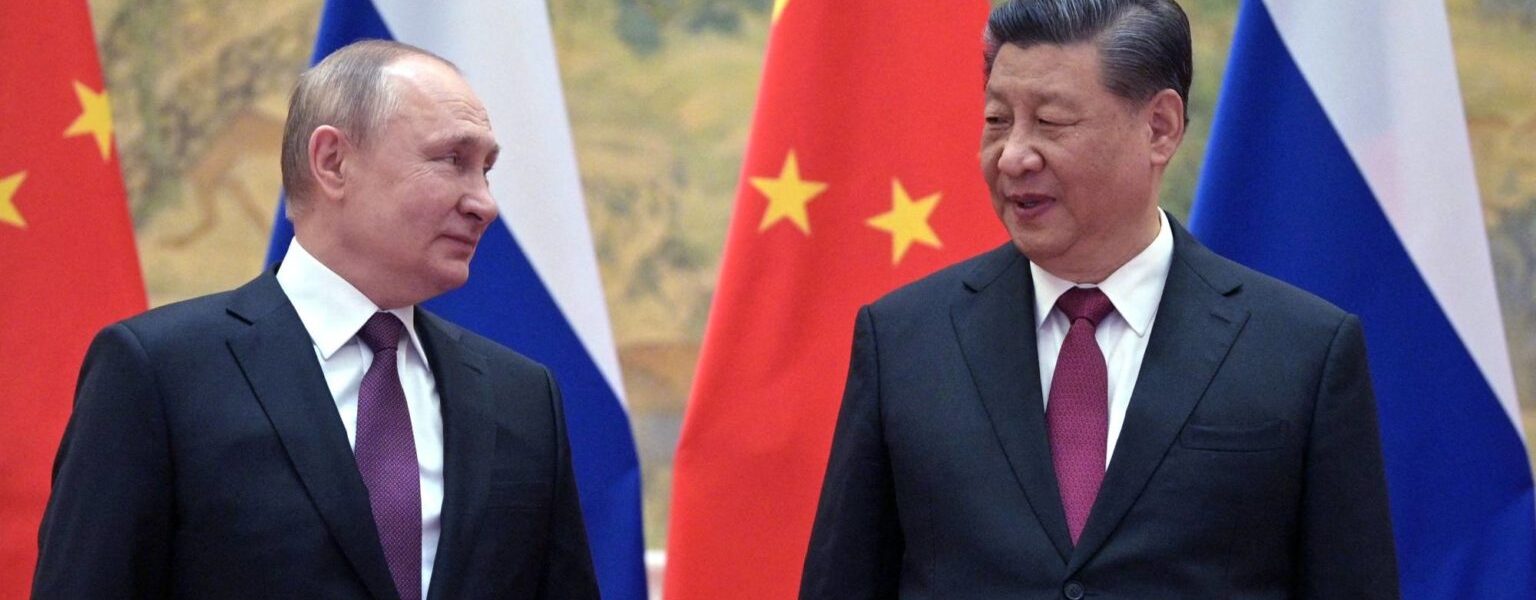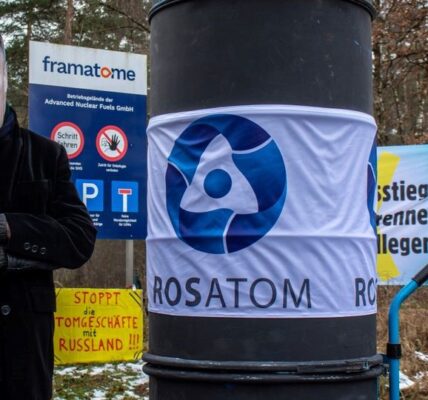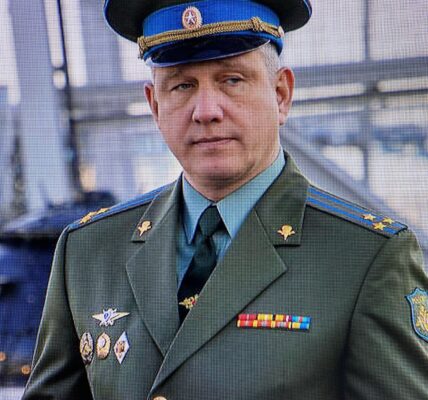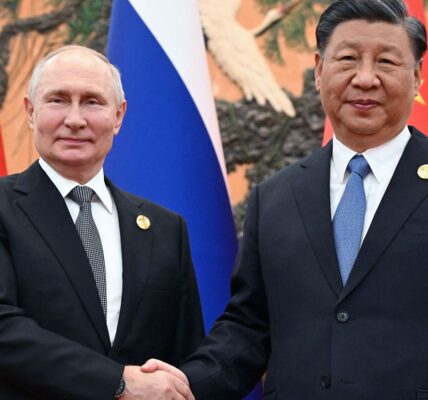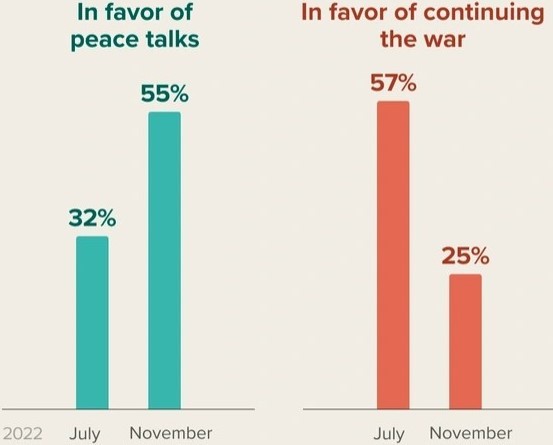
Recent revelations of Beijing’s intensified support for Moscow in its war against Ukraine, particularly through the provision of geospatial intelligence, have sparked growing concerns among Western powers.
Despite China’s claims of neutrality, evidence suggests that China’s assistance to Russia is playing a significant role in sustaining Moscow’s war effort.
According to a senior administration official who spoke on condition of anonymity, China’s support for Russia is reaching alarming levels.
The official highlighted that a substantial portion of Moscow’s ability to sustain its war effort and bolster its economy, despite facing sanctions, is attributed to China’s extensive military aid.
This assistance ranges from providing satellite imagery used to track human activity for targeting purposes to supplying dual-use optics and missile propellants, as well as enhanced space cooperation.
Bloomberg’s report on the exponential increase of trade between Russia and China, reaching a record $240 billion in 2023, doubling from the previous year, underscores the depth of economic ties binding the two nations.
Since Russia’s invasion of Ukraine in 2022, China has emerged as a critical supplier of both consumer goods and industrial supplies, including clothing, vehicles, and machinery, bolstering Russia’s economy amidst widespread Western sanctions.
Crucially, China and Hong Kong have become vital gateways for Moscow to access restricted technologies, including chips and integrated circuits essential for weapons production.
Despite sanctions imposed by the US and the European Union on Chinese firms facilitating such transfers, trade continues unabated, further complicating efforts to curtail China’s support for Russia.
The collaboration between China and Russia, characterised by their “no-limits” partnership established ahead of the 2022 Winter Olympic Games in Beijing, poses a significant challenge to the United States and its allies.
Historian Michael Ignatieff warns that this alliance threatens global stability and could strain Washington’s defences if China and Russia were to mount a coordinated offensive against regions like Ukraine and Taiwan.
The alarm over China’s support for Russia has resonated at the highest levels of the US government. Secretary of State Antony Blinken conveyed the message to European Union and NATO foreign ministers last week in Brussels, while Treasury Secretary Janet Yellen warned China of “significant consequences” if its companies provide material support to Russia’s war in Ukraine.

President Joe Biden also raised the issue directly with Chinese leader Xi Jinping, emphasising the seriousness of the matter.

In response to these warnings, Beijing’s foreign ministry spokesperson Mao Ning responded on Wednesday, stating that China has “always played a constructive role” in seeking a resolution to the war in Ukraine.
“If any country is truly concerned about peace in Ukraine, and hopes for an early end to the crisis, they should first reflect on the root causes of the crisis,” said Mao.
US officials continue to press China on the matter, stressing the potential consequences for the US-China relationship if the support persists.
The Biden administration is intensifying efforts to rally allies and apply pressure on China to reconsider its support for Russia. With concerns mounting over a potential Russian offensive in the coming months, the administration aims to ensure that delayed support for Ukraine does not exacerbate the situation. As NATO leaders prepare to convene in Washington for their 75th anniversary summit, the urgency to address China’s support for Russia has never been greater, with the stakes for global security at an unprecedented level.
The consequences of inaction could reverberate far beyond the borders of Ukraine, reshaping the geopolitical landscape for years to come.

